XVR13B05L
Rotating beacon, Harmony XVR, 130mm, orange, without buzzer, 24V AC DC
- Stock status:
- In stock
- Manufacturer:
- Schneider
- Product code:
- XVR13B05L
Main documents
| Range of Product | Harmony XVR |
|---|---|
| Product or Component Type | Prewired rotating mirror beacon |
| Sound signalling | Without |
| Device short name | XVR |
| Mounting diamete | 5.12 in (130 mm) |
| IP degree of protection | IP66 IEC 60529 IP67 IEC 60529 |
| [Us] rated supply voltage | 24 V AC/DC |
| Light source | High luminosity LED, orange |
| Material | ABS (acrylonitrile butadiene-styrene): body part PC: globe |
|---|---|
| CAD overall width | 5.12 in (130 mm) |
| CAD overall depth | 5.12 in (130 mm) |
| Net Weight | 1.81 lb(US) (0.82 kg) |
| marking | CE |
| Product mounting | By 3 M6 screws |
| [Uimp] rated impulse withstand voltage | 0.8 kV |
| Current Consumption | 125 mA |
| Flashing frequency | 2.7 Hz |
| Clamping Connection Capacity | 1.25 mm² |
| AWG Gauge | AWG 18 |
| Cable length | 15.75 in (400 mm) |
| Standards | EN/IEC 61000-6-2 EN/IEC 61000-6-4 |
|---|---|
| protective treatment | TC |
| Ambient Air Temperature for Storage | -31…158 °F (-35…70 °C) |
| Ambient air temperature for operation | -22…122 °F (-30…50 °C) |
| Electrical shock protection class | Class II IEC 61140 |
| Category | US100XV22617 |
|---|---|
| Discount Schedule | 00XV |
| GTIN | 3389119045292 |
| Returnability | No |
| Country of origin | ID |
| Unit Type of Package 1 | PCE |
|---|---|
| Number of Units in Package 1 | 1 |
| Package 1 Height | 10.63 in (27.000 cm) |
| Package 1 Width | 7.36 in (18.700 cm) |
| Package 1 Length | 7.36 in (18.700 cm) |
| Package 1 Weight | 2.52 lb(US) (1.142 kg) |
| Unit Type of Package 2 | S04 |
| Number of Units in Package 2 | 6 |
| Package 2 Height | 11.81 in (30.000 cm) |
| Package 2 Width | 15.75 in (40.000 cm) |
| Package 2 Length | 23.62 in (60.000 cm) |
| Package 2 Weight | 17.92 lb(US) (8.128 kg) |
| Unit Type of Package 3 | P06 |
| Number of Units in Package 3 | 24 |
| Package 3 Height | 29.53 in (75.000 cm) |
| Package 3 Width | 23.62 in (60.000 cm) |
| Package 3 Length | 31.50 in (80.000 cm) |
| Package 3 Weight | 89.09 lb(US) (40.412 kg) |
Product Description
Schneider Electric
Schneider Electric is a multinational corporation specializing in energy management and automation solutions. With operations in over 100 countries, the company offers a wide range of products and services for various industries, including residential, commercial, and industrial.
Schneider Electric is focused on sustainability and innovation, aiming to help their customers manage energy efficiently and reduce their environmental impact.
Schneider Electric Push Button
Schneider Electric offers a wide range of push buttons, designed for various industrial and commercial applications. Schneider Electric Push Buttons are high-quality, durable, and reliable components used to control electrical circuits in industrial, commercial, and residential settings.
They come in various types, sizes, and colors to meet the diverse needs of different applications. These push buttons are part of the Harmony range, known for its user-friendly design and robust performance.

Schneider Harmony XVR
The Schneider Electric Harmony XVR series comprises visual and audible signaling devices designed for industrial environments. These devices provide critical alerts and notifications, ensuring safety and efficient communication in various applications.
XVR13B05L
The Schneider Electric XVR13B05L is a high-performance rotating beacon from the Harmony XVR series, designed to provide reliable and highly visible signaling in various industrial applications. This model features a vibrant orange light and operates on a 24V AC/DC power supply.
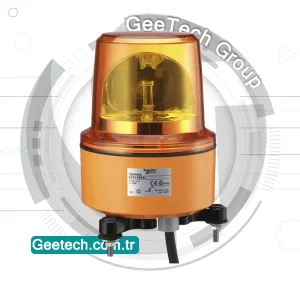
Key Features:
- Range: Harmony XVR
- Product Type: Rotating Beacon
- Mounting Diameter: 130 mm
- Light Color: Orange
- Sound Signaling: Without Buzzer
- Supply Voltage: 24V AC/DC, making it versatile for different power setups.
- IP Degree of Protection: IP66 and IP67 conforming to IEC 60529, ensuring excellent resistance to harsh environmental conditions.
The Schneider Electric XVR13B05L rotating beacon is an excellent choice for industrial applications requiring robust, reliable, and highly visible signaling solutions. Its advanced LED technology and durable construction ensure it meets the stringent demands of modern industrial environments.
Frequently Asked Questions
What is a push button used for?
✅When you press a push button, it either makes or breaks an electrical connection, allowing or interrupting the flow of electricity through the circuit. Pushbutton switches are commonly used in a wide range of electronic devices, control panels, and applications where users need to activate or deactivate a function or operation. These switches are essential for ensuring reliable and efficient control in various settings, from industrial machinery to consumer electronics and automation systems.
What is NO and NC in Push Button Switches?
✅ Push button switches can be classified as either normally open (NO) or normally closed (NC). Normally open (NO) switches, also known as "OFF" position switches, complete the circuit when actuated. In contrast, normally closed (NC) switches, or "ON" position switches, break the circuit when actuated. Understanding the difference between NO and NC push button switches is crucial for selecting the right type for your application, whether it's for industrial machinery, control panels, or electronic devices.
What Are the Two Types of Push Button Switches?
✅ Push button switches come in two main types: single-pole and double-pole switches. The single-pole switch is the most common type, featuring a control device with a single input source and a single output source. This basic design makes single-pole switches ideal for a wide range of applications. Double-pole switches, on the other hand, have two input sources and two output sources, offering more complex control capabilities for advanced electrical systems.
Is a Push Button a Sensor?
✅No, a push button is not an analog sensor. An analog sensor provides a continuous output signal that varies in proportion to the measured quantity. In contrast, a push button provides a discrete output signal that changes state from one level to another when the button is pressed or released. This distinction makes push buttons ideal for applications requiring simple on/off control, unlike analog sensors that are used for more complex, variable measurements.
What is Inside a Push Button?
✅ A push button consists of several key components:
1. Button Actuator: This is the part you physically press. It is connected to an internal mechanism within the switch.
2. Contacts: Push button switches contain one or more sets of contacts, typically made from conductive materials like metal. In their default state, these contacts are separated.
When the button actuator is pressed, it moves the contacts together to complete an electrical circuit. This simple yet effective design is what makes push buttons reliable for various applications, from industrial machinery to everyday electronic devices.
Is a Push Button Digital or Analog?
✅A push button is a digital sensor. Unlike analog sensors, which provide a continuous range of values, digital sensors like push buttons have only two states: on or off. For example, when you press a push button, it changes from off to on, providing a discrete signal. Similarly, a digital light sensor can detect whether it is dark or bright, also giving a binary output. This clear distinction makes push buttons ideal for simple, straightforward control in various applications.



















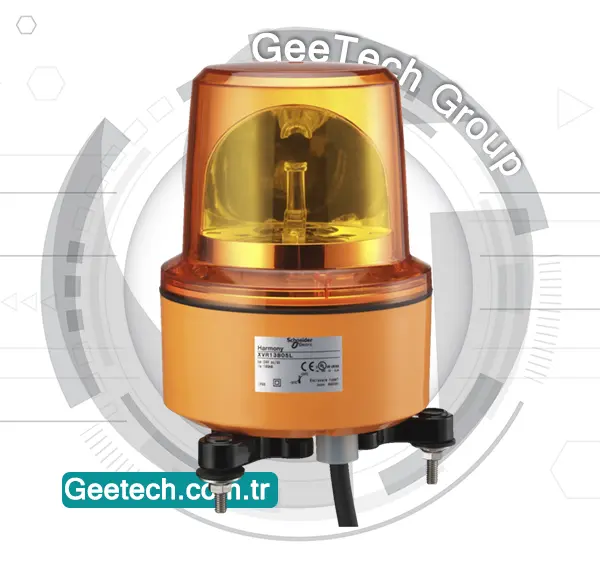

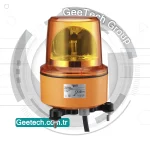

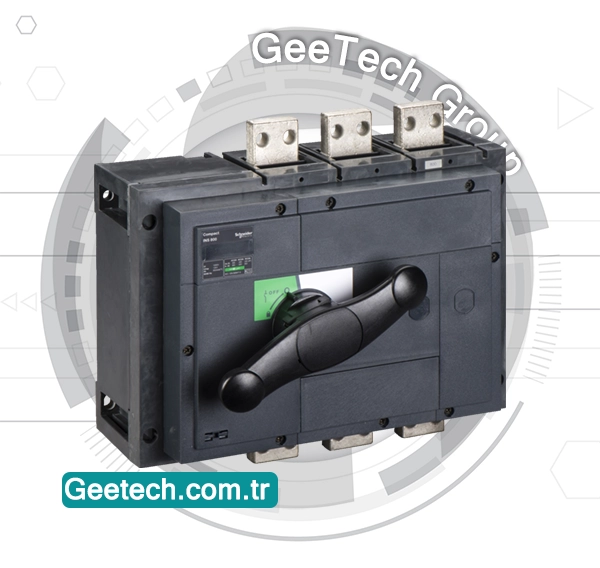
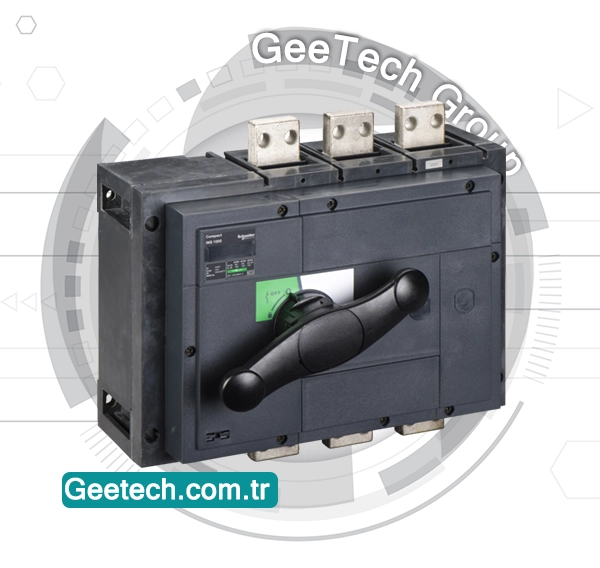
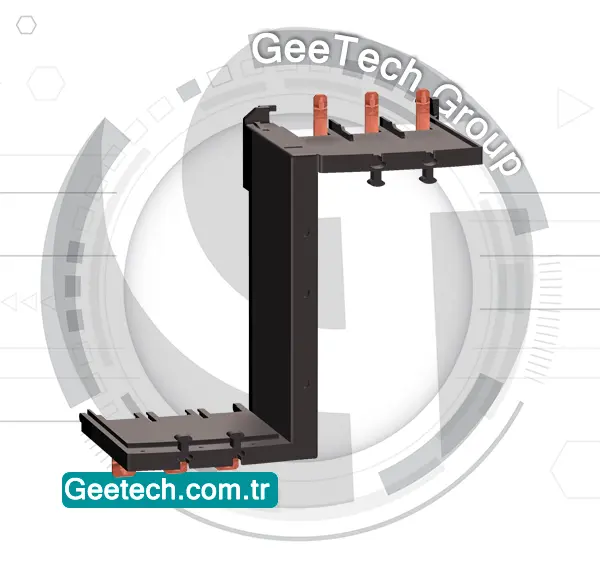
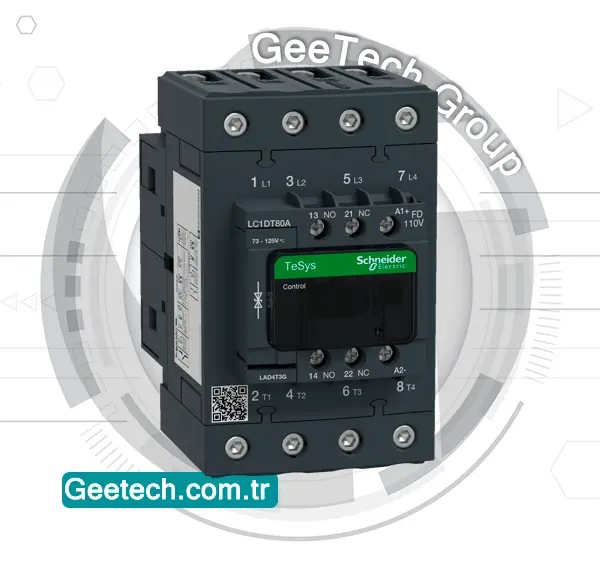

Reviews
There are no reviews yet.